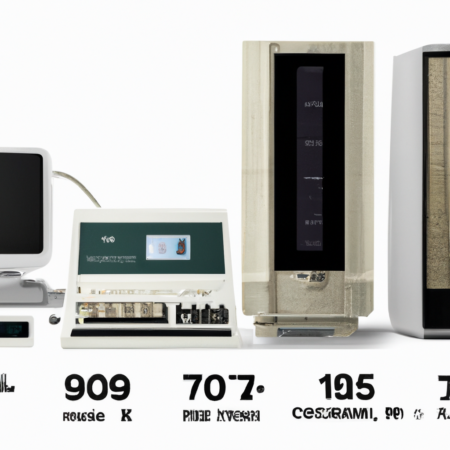Exploring the Boundaries of AI: Innovations and Ethical Challenges in 2025
As we navigate through the second quarter of 2025, the landscape of artificial intelligence (AI) continues to evolve at an unprecedented pace. The integration of AI into various sectors has not only enhanced operational efficiencies but also raised significant ethical questions that demand our attention.
This blog post delves into the latest innovations in AI technology, exploring how these advancements are reshaping industries such as healthcare, automotive, and finance. We will also discuss the ethical dilemmas that emerge as AI becomes more pervasive in our daily lives.
Innovations in AI
One of the standout innovations in 2025 is the development of autonomous diagnostic systems in healthcare. These systems utilize deep learning algorithms to accurately diagnose diseases at a speed unmatched by human capabilities. Another notable advancement is the implementation of AI-driven autonomous vehicles. These vehicles not only improve road safety but also significantly reduce carbon emissions, aligning with global sustainability goals.
In the finance sector, AI algorithms now play a critical role in fraud detection and risk assessment, providing real-time insights that were not possible before.
Ethical Challenges
With great power comes great responsibility. The rise of AI has led to ethical challenges, particularly in terms of data privacy and bias in AI algorithms. As AI systems are trained on vast amounts of data, the potential for violating user privacy increases exponentially. Additionally, if the training data is biased, the AI’s decisions will also reflect these biases, leading to fairness issues.
To address these challenges, there is a growing emphasis on creating transparent AI systems that are explainable to the general public. This transparency not only helps in building trust but also facilitates easier identification and correction of biases.
Looking Ahead
The future of AI is fraught with both opportunities and challenges. As we continue to integrate AI into more aspects of our lives, it is crucial to have robust ethical frameworks in place to ensure that these technologies are used for the benefit of all.
Staying informed and engaged with the latest developments in AI will enable us to harness its full potential while navigating its ethical landscape. As we look forward to more innovations, the focus must always remain on creating a balanced approach that promotes technological advancement while ensuring ethical integrity.






